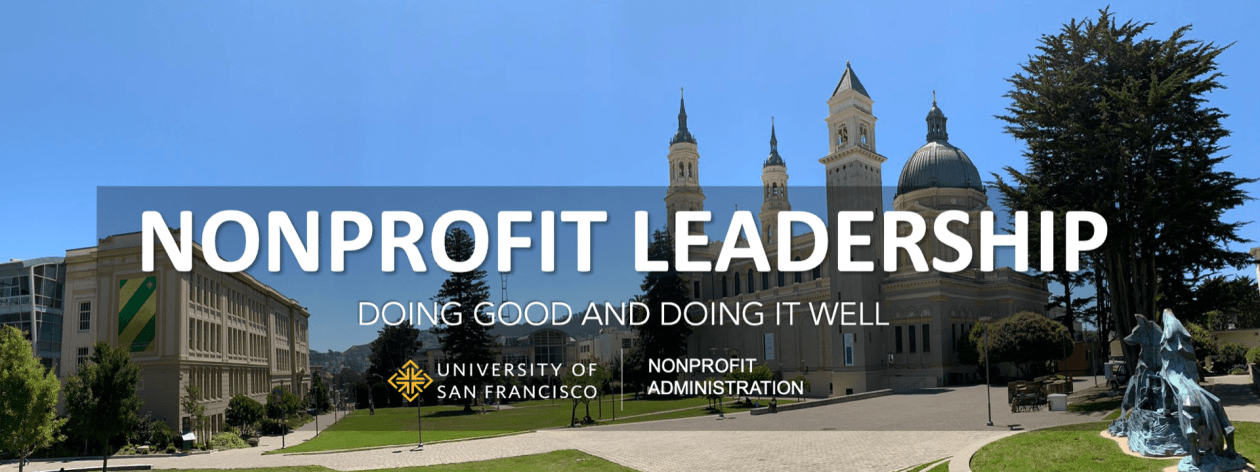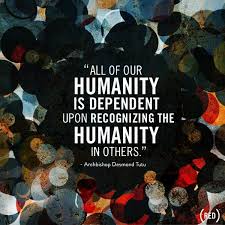By Hayley Walker and Valdeir Faria Filho
Non-governmental organizations (NGOs) are functioning in our global society, some better than others. Some are well-known (CARE, Amnesty International, Red Cross) and use effective marketing techniques, lobbying efforts, and provide programs internationally. Others are small, local organizations that work to make life better for specific groups of people. Regardless, these diverse and varying NGOs have multiple commonalities, though they may not be fully visible on the surface. All, however, embark on missions to protect humanity.
The World Association of Non-Governmental Organizations (WANGO) is an international organization that aims to unite NGOs and promote peace and wellbeing across the globe. WANGO offers resources and support to create connections among organizations striving to create a more just, sustainable world for all. As a proponent of networks and collaborations, WANGO sheds light on the synergy that results from global organizations working towards a common goal. With widespread government support, exceptional visionaries, and dedicated donors, WANGO has worked for the past 17 years to encourage NGOs to connect across borders and without boundaries, and to hold steadfast to the following guiding principles (WANGO Code of Ethics):
- Responsibility, service, and public mindedness
- Cooperation beyond boundaries
- Human rights and dignity
- Religious freedom
- Transparency and accountability
- Truthfulness and legality
NGOs, in the broadest sense, cannot be for profit organizations, must be independent of government, must not interfere in domestic state affairs, and must not advocate violence (Kaloudis, 2017). However, there comes a time when disaster relief and humanitarian organizations must interfere—or rather, intervene—in domestic affairs in an effort to protect humanity. Non-governmental organizations are frequently caught in the cross-fire of waring territories, failed states, and desperate civilians, with one goal in mind: to provide relief for those in need.
During times of crisis, NGOs rely deeply on their neutrality to aid them in reaching the most people possible. In accordance with WANGO’s principle of working towards cooperation beyond boundaries, neutrality refers to refraining from taking sides on issues regarding political, cultural, religious affiliation, or other sensitive issues that may result in conflict. That does not mean that NGOs disappear or go into hiding during such conflicts, but rather work harder to serve all affected—regardless of their stance on the issues. Impactful NGOs uphold the policy of not “taking sides,” and this is crucial to the safety of workers, volunteers, donors, and civilians. However, in recent years NGOs have faced difficulty in mitigating suffering as impartial entities, in part due to assumed association with national governments or international organizations (Brechenmacher, 2015). Aid and relief of organizations urge conflicting parties to respect their neutral stance as they provide desperately needed services to civilians, but reality does not always allow provide for this ideal situation. State militaries may claim alliances with NGOs, and rebel forces may see this alliance as a threat to their progress. NGOs, however, frequently default to the emphasizing the value of impartiality in conflict zones and assert their neutral stance to relieve human suffering—a practice that is often debated. In order to reach civilians who may be trapped or displaced deep within war zones and conflict arenas, NGOs must carefully negotiate with opposing parties. They must ensure they remain under enough security to serve, but enough neutrality to relieve the suffering civilians from all sides.

